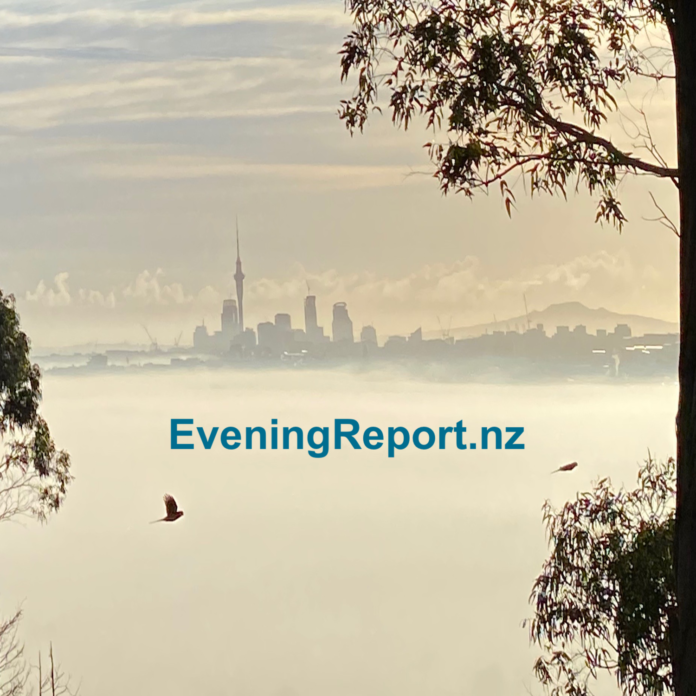An interview with former University of the South Pacific (USP) development studies professor Dr Vijay Naidu, a founding president of the Fiji Anti-Nuclear Group (FANG), has produced fresh insights into the legacy of Pacific nuclear-free and anti-colonialism activism.
The community storytelling group Talanoa TV, an affiliate of the Whānau Community Centre and Hub and linked to the Asia Pacific Media Network (APMN), has embarked on producing a series of short educational videos as oral histories of people involved in the Nuclear Free and Independent Pacific (NFIP) Movement to document and preserve this activist mahi and history.
The series, dubbed “Legends of NFIP”, are being timed for screening in 2025 to coincide with the 40th anniversary of the Rainbow Warrior bombing in Auckland harbour on 10 July 1985 and also with the 40th anniversary of the Rarotonga Treaty for a Nuclear-Free Pacific.
Legends of NFIP – Professor Vijay Naidu. Video: Talanoa TV
These videos are planned to “bring alive” the experiences and commitment of people involved in a Pacific-wide movement and will be suitable for schools as video podcasts and could be stored on open access platforms.
“This project is also expected to become an extremely useful resource for students and researchers,” says project convenor Nikhil Naidu, himself a former FANG and Coalition for Democracy (CDF) activist.
In this 14-minute interview, Professor Naidu talks about the origins of the NFIP Movement.
“At this time [1970s], there were the French nuclear tests that were actually atmospheric nuclear tests and people like Suliana Siwatibau and Graeme Bain started the ATOM movement (Against Nuclear Tests on Moruroa) in Tahiti in the 1970s at USP,” he says.
“And we began to understand the issues around nuclear testing and how it affected people — you know, the radiation. And drop-outs and pollution from it.”
Published in partnership with Talanoa TV.
Article by AsiaPacificReport.nz






